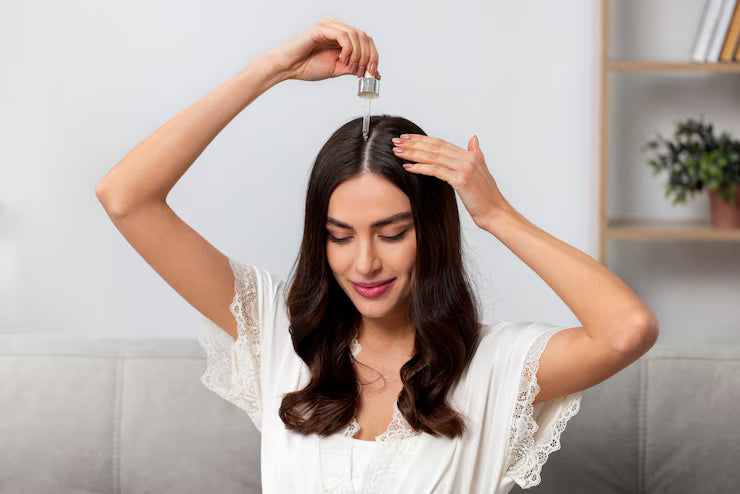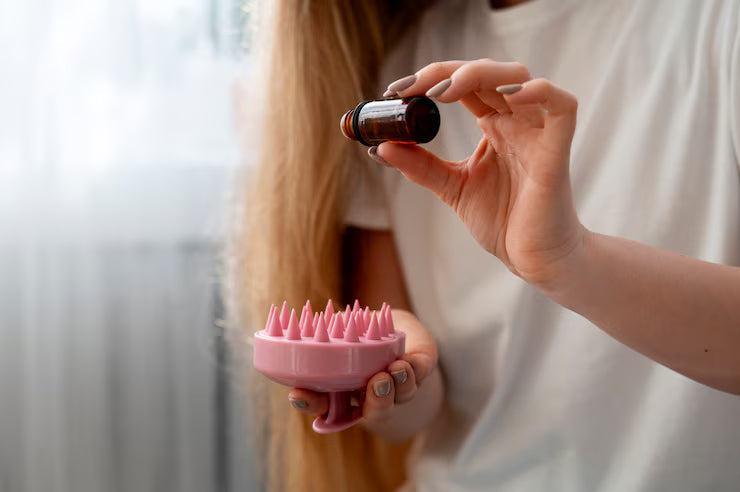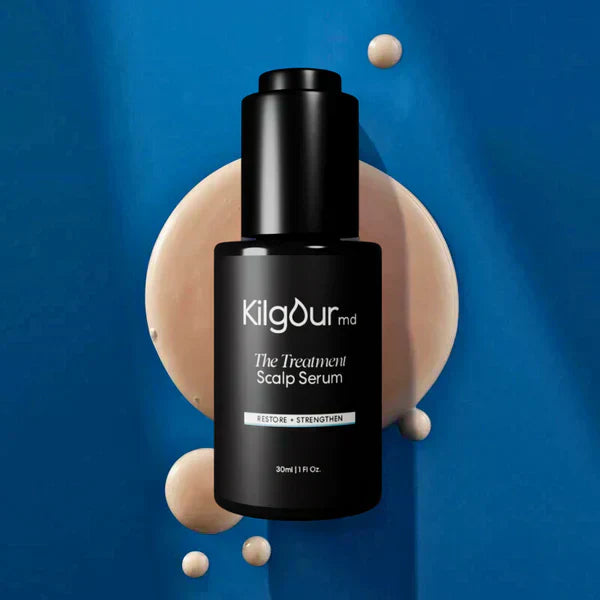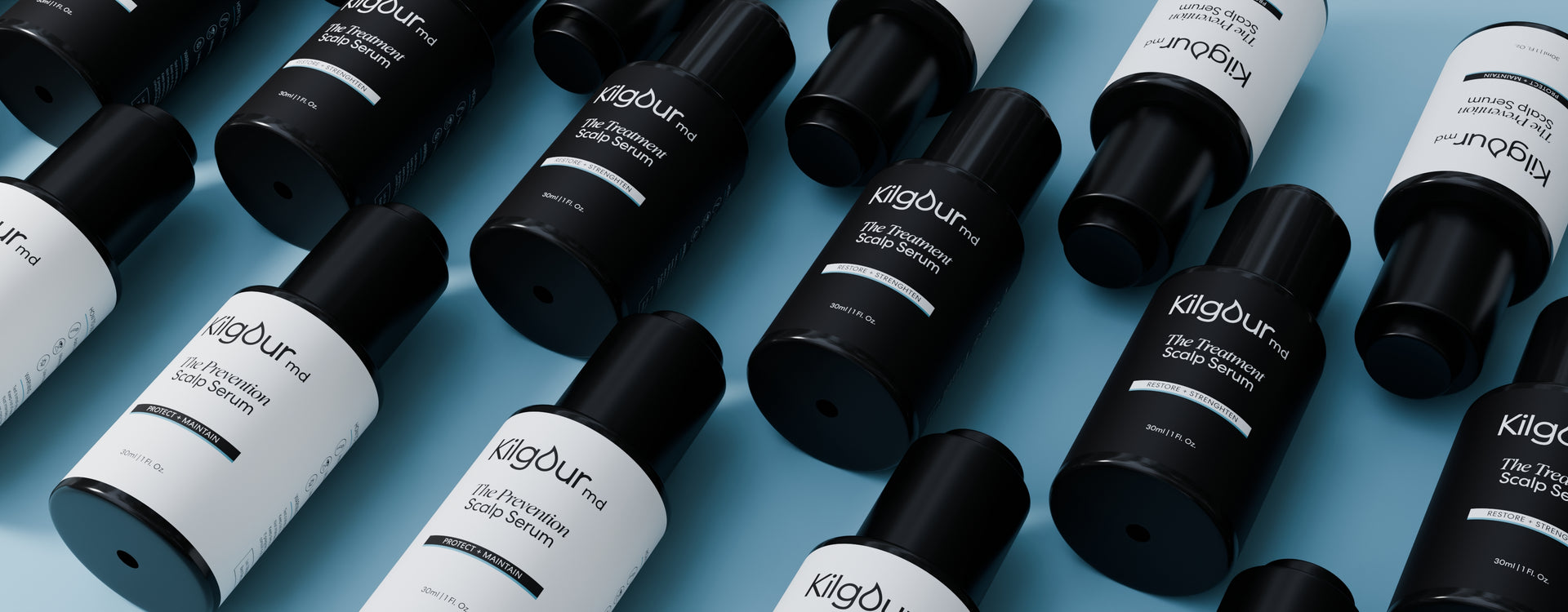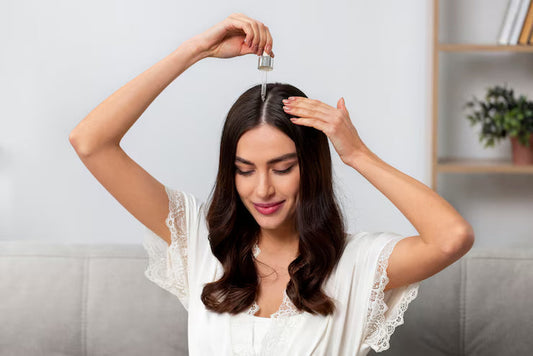
Hair thinning and hair loss are common struggles for men and women across the United States. From genetics to environmental stressors, several factors can impact hair health. The good news...
Read moreHair thinning and hair loss are common struggles for men and women across the United States. From genetics to environmental stressors, several factors can impact hair health. The good news...
Read more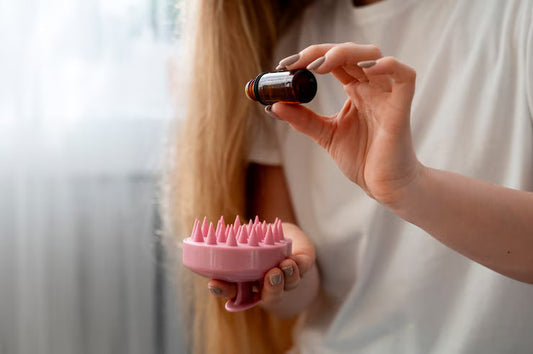
Thinning hair can affect your confidence, but with the right approach, you can slow down hair loss and even stimulate regrowth. KilgourMD offers advanced solutions tailored for those experiencing hair thinning across...
Read moreThinning hair can affect your confidence, but with the right approach, you can slow down hair loss and even stimulate regrowth. KilgourMD offers advanced solutions tailored for those experiencing hair thinning across...
Read more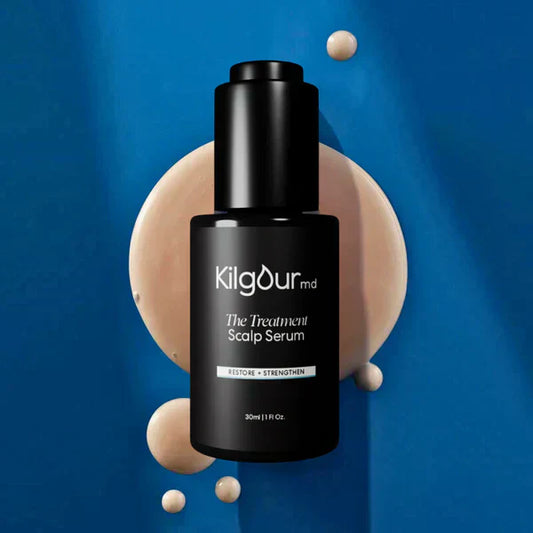
A thriving scalp is the foundation of vibrant, resilient hair. At KilgourMD, we understand that addressing scalp health is essential for effective hair thinning treatment. Our Treatment Scalp Serum...
Read moreA thriving scalp is the foundation of vibrant, resilient hair. At KilgourMD, we understand that addressing scalp health is essential for effective hair thinning treatment. Our Treatment Scalp Serum...
Read more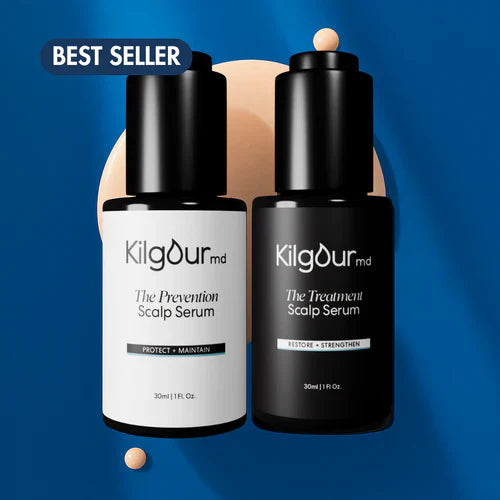
Understanding the hair growth cycle is essential for anyone seeking effective solutions for hair thinning or loss. At KilgourMD, we specialize in advanced scalp treatments that target each phase...
Read moreUnderstanding the hair growth cycle is essential for anyone seeking effective solutions for hair thinning or loss. At KilgourMD, we specialize in advanced scalp treatments that target each phase...
Read more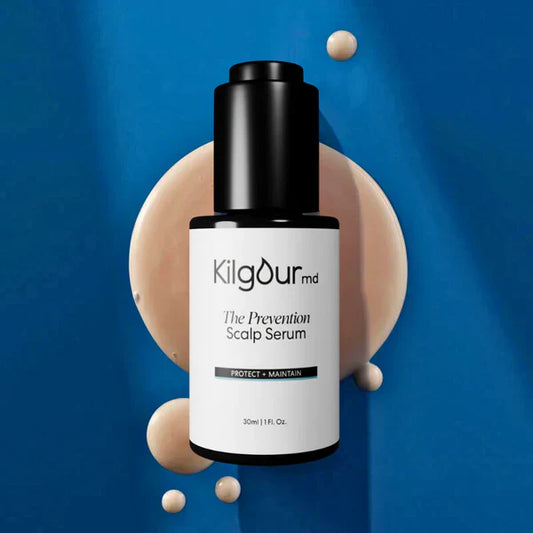
At KilgourMD, we prioritize the synergy between nature and science to offer effective solutions for hair care. Our commitment to utilizing botanical ingredients in our hair treatment products stems from a...
Read moreAt KilgourMD, we prioritize the synergy between nature and science to offer effective solutions for hair care. Our commitment to utilizing botanical ingredients in our hair treatment products stems from a...
Read more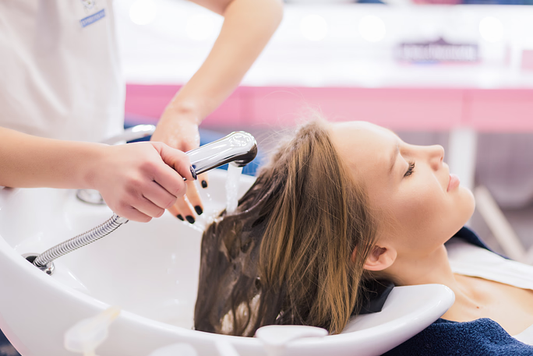
Dealing with thinning hair requires a delicate balance in your hair care routine. The frequency of washing your hair plays a crucial role in maintaining scalp health and supporting hair...
Read moreDealing with thinning hair requires a delicate balance in your hair care routine. The frequency of washing your hair plays a crucial role in maintaining scalp health and supporting hair...
Read more
